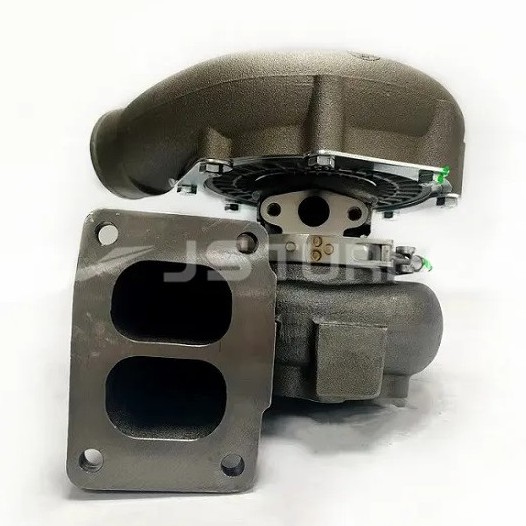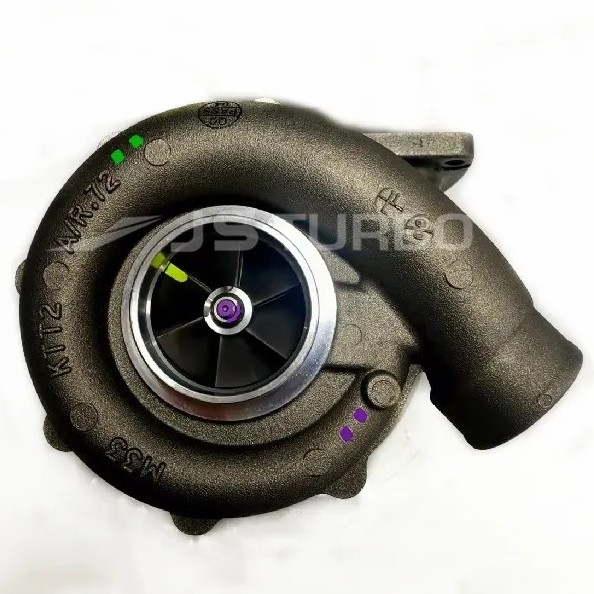
Precautions for use of turbocharger
2023-01-12 18:50When disassembling the supercharger, keep it clean. All pipe joints must be blocked with clean cloth to prevent sundries from falling into the supercharger and damaging the rotor. Pay attention not to collide and damage the impeller during maintenance. If the impeller needs to be replaced, the dynamic balance test shall be carried out. After reassembly, remove the plug.
After the engine is started, especially in winter, it should be allowed to idle for a period of time, so that the lubricating oil can fully lubricate the bearing before the supercharger rotor runs at high speed. So don't bang the accelerator after just starting to avoid damaging the supercharger oil seal.
One of the direct consequences of supercharger channel blockage is that it will increase the resistance of air flow in the system. When the diesel engine is running, the gas flow path of the supercharging system is: compressor inlet filter and silencer → compressor impeller → compressor diffuser → air cooler → scavenging box → diesel engine inlet (valve) → exhaust port (valve) → exhaust pipe → exhaust gas turbine nozzle ring → exhaust gas turbine impeller → chimney. The circulation area of each component is fixed. If any link of the above flow path is blocked, such as dirt, carbon deposition, deformation, etc., the back pressure of the compressor will increase due to the increase of flow resistance, and the flow will decrease, causing surge. The components that are easy to be dirty are the compressor inlet filter, compressor impeller and diffuser, air cooler, diesel engine inlet (scavenging) and exhaust port (valve), exhaust gas turbine nozzle ring, and exhaust gas turbine impeller. Generally, the blockage of the air flow passage of the turbocharger is the main reason for its surge.
The engine cannot be stopped immediately after running at high speed for a long time. When the engine is working, some oil is supplied to the turbocharger rotor bearing for lubrication and cooling. After the running engine stops suddenly, the oil pressure drops rapidly to zero, the high temperature of the turbocharger turbine part is transferred to the middle, and the heat in the bearing support housing cannot be taken away quickly, while the turbocharger rotor is still rotating at high speed under the inertial action. Therefore, if the engine stops suddenly under the hot engine state, the residual oil in the turbocharger will overheat and damage the bearing and shaft. In particular, it is necessary to prevent sudden flameout after slamming the accelerator.


